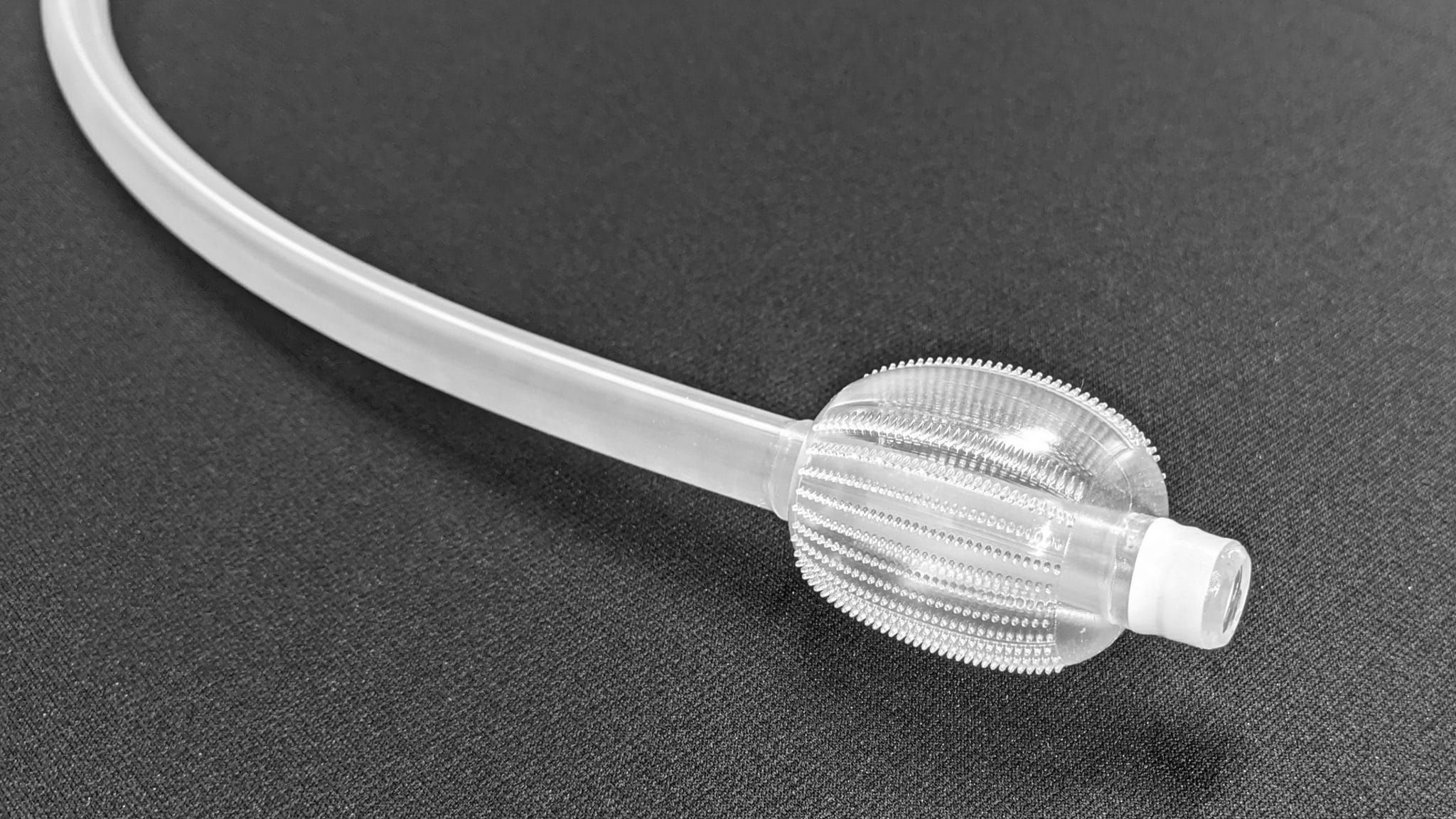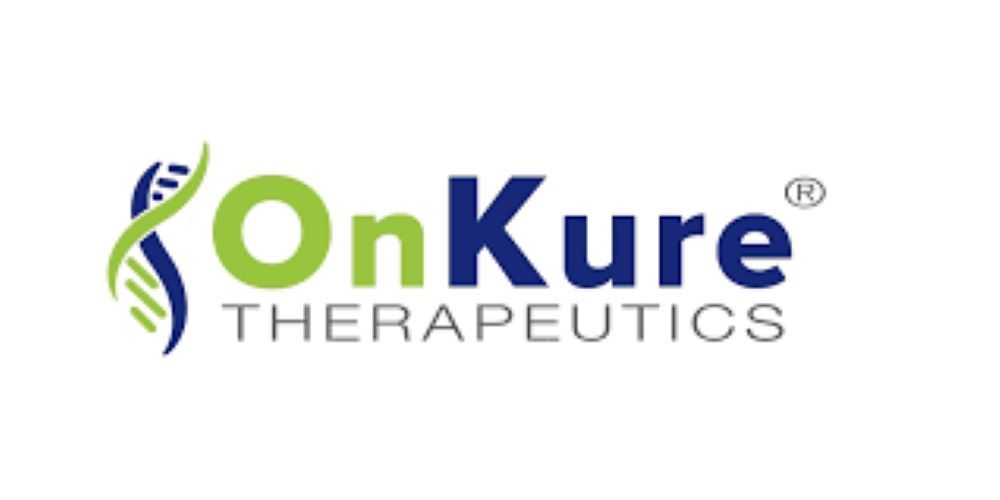Innosphere, CU Boulder device maker Aspero gets patent; FDA up next

BOULDER — Aspero Medical Inc. received a U.S. patent for technology related to its planned medical device, a new balloon catheter for use in gastrointestinal endoscopies.
The patent’s “basis is the texturing of the balloon,” said Aspero CEO Mark Rentschler, “the small pillars or nubs, those protrusions that allow it to anchor in the lining” of the small intestine.
The new part is “the geometry and spacing of the protrusions,” he said — the shape and location of nubs and “how they’re integrated” into making the balloon.
SPONSORED CONTENT
Rentschler said new techniques — the ability to make molds for the product, for instance — enabled the advance. “This probably wasn’t even possible five to 10 years ago.”
The advance was unique enough for U.S. Patent No. 11,089,944 — “Medical devices including textured inflatable balloons” — but similar enough to current products to move directly to its U.S. FDA application.
“It’s a better mousetrap not a different mousetrap,” Rentschler said.
He invented the technology with Steven Edmundowicz and Karl Johannes. Rentschler and Edmundowicz are CU Boulder professors; Johannes was one of Rentschler’s Ph.D. students.
The CU Board of Regents owns the patent; Aspero has the exclusive license.
Commercial
Aspero is a portfolio company of Fort Collins science and tech incubator Innosphere Ventures, which put $575,000 into the company in an early seed round. Aspero is closing a second, $500,000 seed round with Rockies Ventures Club leading. The company, founded in 2018, also got about $800,000 in NIH and NSF grants, and from the state.
The “momentum continues to build for a significant commercial launch,” said Mike Freeman, Innosphere CEO and general partner of the incubator’s investment fund that backed Aspero.
The patent means Aspero can seek U.S. FDA approval this year and if successful with commercialization to follow in early 2022. The application doesn’t require human clinical trials because the product will be, “substantially similar to others and causes no trauma” Rentschler said.
Aspero’s Ancora Balloon Overtube combines the balloon with a sleeve-like piece of silicone; both are inserted into the small bowel during endoscopy procedures, along with the scope. The balloon can be inflated and deflated to grip the inner walls of the intestine, pulling and releasing it, and moving the scope along the tract.
It’s like “handling wet noodles … you need grip but you don’t want to grab them,” Rentschler said. It’s “better anchoring with less force.”
Ancora — Latin for “anchor” — is a single-use product for gastro-intestinal uses but the technology can work “anywhere a balloon is being used,” including surgical, cardiovascular, and urological applications.
The second seed round will be enough to take Aspero through the FDA process, Rentschler said. Series A funding will follow for working capital and distribution, and acquisition or bigger investors possible then, completing the “from bench to bedside” circuit, he said.
Ancora buyers are “the hospitals with influence from physician preferences,” Rentschler said
Aspero plans to apply for colonoscopy use of the technology in late 2022.
© 2021 BizWest Media LLC
BOULDER — Aspero Medical Inc. received a U.S. patent for technology related to its planned medical device, a new balloon catheter for use in gastrointestinal endoscopies.
The patent’s “basis is the texturing of the balloon,” said Aspero CEO Mark Rentschler, “the small pillars or nubs, those protrusions that allow it to anchor in the lining” of the small intestine.
The new part is “the geometry and spacing of the protrusions,” he said — the shape and location of nubs and “how they’re integrated” into making the balloon.
Rentschler said new techniques — the ability to make molds for the product, for instance —…
THIS ARTICLE IS FOR SUBSCRIBERS ONLY
Continue reading for less than $3 per week!
Get a month of award-winning local business news, trends and insights
Access award-winning content today!




